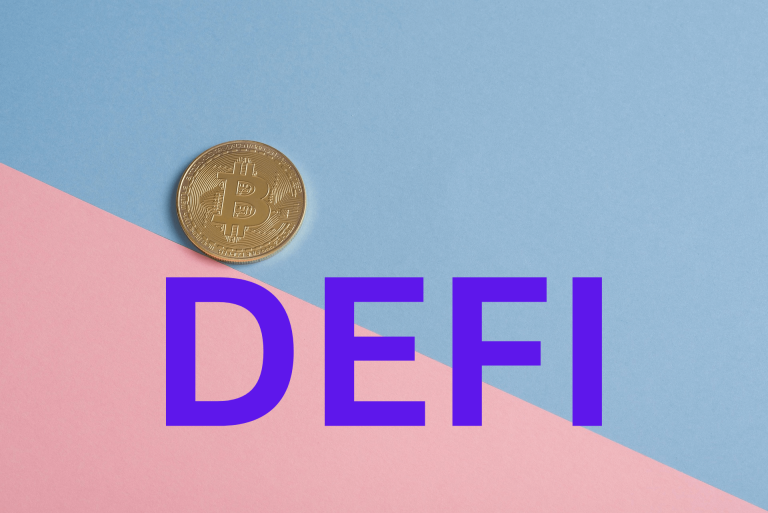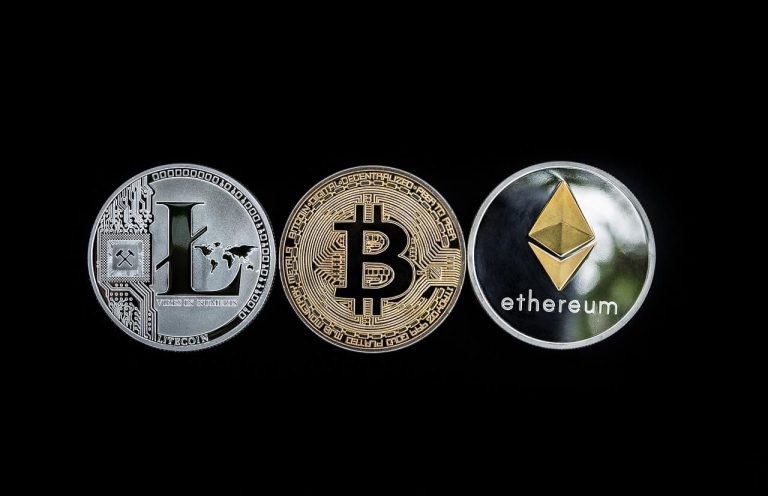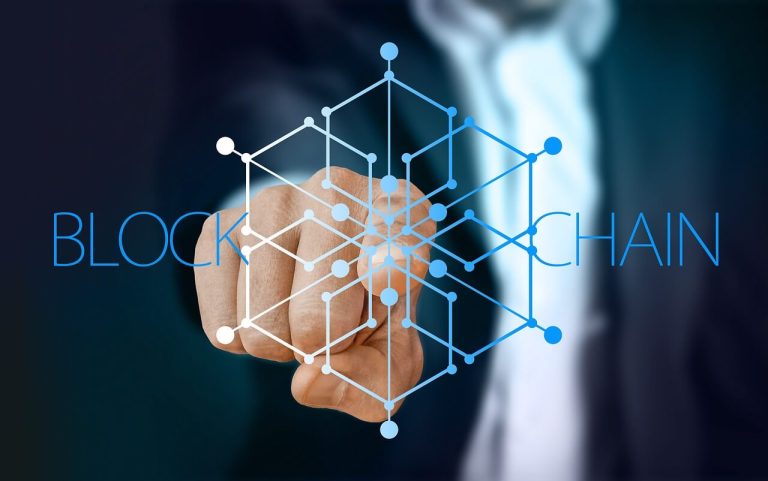How Zero-Knowledge Proofs Enhance Blockchain Privacy
Learn how Zero-Knowledge Proofs enhance blockchain privacy and security by enabling confidential, scalable, and secure transactions without exposing sensitive data.
In today’s digital age, the demand for blockchain privacy and security has never been greater. Zero-Knowledge Proofs (ZKPs) are transforming how sensitive information is handled by offering a way to verify data without revealing the underlying details.
Imagine proving you’re over 18 to buy alcohol without sharing your date of birth or demonstrating student status for a discount without disclosing personal information. This revolutionary approach is reshaping data privacy and blockchain technology.
ZKPs work by allowing one party to prove knowledge of specific information without exposing the actual data. A notable application is zk-SNARKs, a type of ZKP gaining traction in blockchain. These proofs streamline transaction verification while safeguarding user privacy, enabling blockchain networks to scale efficiently.
As blockchain adoption grows, ensuring privacy and scalability has become essential. ZKPs address these challenges by enhancing security and protecting user trust. This innovative cryptographic method is building a future where blockchain privacy and transparency coexist seamlessly in digital systems.
What Are Zero-Knowledge Proofs (ZKPs)?
Zero-Knowledge Proofs (ZKPs) let one person (the “prover”) show another person (the “verifier”) that a statement is true without sharing any extra details. These proofs go beyond blockchain and can be applied wherever privacy matters. They can verify identities, secure voting systems, or protect sensitive business data while still ensuring accurate verification.
How Zero-Knowledge Proofs Work
ZKPs follow three key rules:
- Completeness: If a statement is true, it can be proven.
- Soundness: If a statement is false, it cannot be proven true.
- Zero-Knowledge: No extra information is shared beyond the truth of the statement.
Types of Zero-Knowledge Proofs
Interactive ZKPs:
The prover and verifier communicate back and forth to confirm knowledge without revealing it. This approach works but may not suit large-scale systems needing many verifications.
Non-Interactive ZKPs:
These proofs, like zk-SNARKs and zk-STARKs, don’t require direct interaction. The prover creates a proof that anyone can verify anytime, making them faster and ideal for applications that demand efficiency.
READ ALSO: What Is DeFi (Decentralized Finance) And How It Works
READ ALSO: How Decentralized Oracles Power the DeFi Ecosystem [The Hidden Truth]
READ ALSO: Top 7 Eco-Friendly Blockchain Platforms in 2025
How ZKPs Improve Blockchain Privacy and Security
Blockchain systems are known for transparency, but this openness can compromise user privacy. Traditional blockchains store all transaction details publicly, creating challenges for users who value confidentiality. Zero-Knowledge Proofs (ZKPs) address these concerns by enabling secure transaction verification without exposing sensitive data.
Improved Privacy and Confidentiality
ZKPs allow transactions to be verified while keeping details hidden. For example:
- Zcash uses zk-SNARKs for shielded transactions, concealing both the amounts and the identities of involved parties.
- Ethereum integrates zk-SNARKs to enhance privacy and scalability thereby safeguarding transaction details while maintaining network efficiency.
This makes blockchains suitable for sensitive data applications, such as finance or healthcare, where confidentiality is critical.
Maintaining Data Integrity and Security
Blockchain systems require data integrity to ensure trustworthiness, but public transaction details can lead to security risks. ZKPs validate transactions without exposing any specifics, preventing fraud and unauthorized access.
In supply chain management, ZKPs verify product authenticity while protecting proprietary information.
This ensures only legitimate transactions are recorded, balancing transparency with security.
Scalability Benefits
As transaction volumes increase, blockchains often face delays and higher costs. ZKPs offer solutions like zk-Rollups, which bundle multiple transactions into a single proof for efficiency.
Platforms like zkSync and StarkNet use zk-Rollups to process transactions off-chain thereby reducing blockchain congestion and enhancing speed.
Challenges of ZKP Integration
Implementing ZKPs comes with obstacles, such as:
- Complexity: zk-SNARKs require advanced cryptographic expertise.
- Resource Intensity: Proof generation can be computationally demanding.
- Interoperability Issues: Ensuring compatibility across different blockchains remains a challenge.
Key Benefits of Combining ZKPs with Blockchain
- Enhanced Privacy: ZKPs validate transactions while keeping the contents hidden.
- Added Security: Sensitive information remains protected, even on public ledgers.
- Selective Disclosure: Users can prove specific details (e.g., age or residency) without sharing irrelevant personal data.
Frequently Asked Questions
How Does Blockchain Support Data Privacy?
Blockchain technology offers several features that strengthen data privacy and security. Here’s a simple breakdown of how it works:
1. Cryptography
Blockchain uses advanced encryption to safeguard data thereby making it extremely hard for unauthorized users to access or tamper with the information.
2. Decentralization
Data is stored across multiple nodes in a network instead of a central location. This makes hacking attempts less effective, as compromising one node doesn’t affect the entire system.
3. Pseudonymity
Transactions are tied to public addresses, not real-world identities. This helps protect user anonymity while still recording activities on the network.
4. Immutable Records
Once data is added to the blockchain, it cannot be altered or deleted. This ensures the integrity of all recorded information.
5. Private Keys
Each user is allocated with a unique private key, which represents a digital signature for their transactions. The key ensures that only the rightful owner can authorize activities.
6. Distributed Ledger
Each and every node in the blockchain network has a copy of the ledger, complete with public addresses and private keys. This transparency reinforces trust and security.
Other Ways Blockchain Support Data Privacy and Security
- Consensus Mechanisms: Ensures data is verified by multiple parties before being added.
- Smart Contracts: Automate processes while maintaining confidentiality.
- Permissioned Access: Restricts data access to authorized users only.
- Secure Messaging: Protects communication within the blockchain.
- IoT Security: Safeguards connected devices from breaches.
- Secure DNS and DDoS Protection: Prevents disruptions and cyberattacks.
- Software Provenance: Verifies the origin and authenticity of software.
- Ownership Validation: Confirms rightful ownership of assets or data.
Which layer 1 blockchain project is known for its emphasis on privacy-preserving technologies and zero-knowledge proofs?
Zcash is a leading blockchain project known for its strong focus on privacy. Initially called ZeroCash, its name reflects the use of zero-knowledge proof technology to enable secure, private transactions.
As one of the early cryptocurrencies, Zcash played a major role in introducing and popularizing zero-knowledge proofs in the blockchain space. Its innovations have set a standard for privacy-preserving solutions in the crypto industry.
Conclusion
Zero-Knowledge Proofs (ZKPs) are transforming blockchain technology by providing a balance between Blockchain privacy and transparency. These proofs enable secure transaction validation without revealing sensitive data, addressing critical blockchain privacy and scalability challenges. ZKPs are paving the way for secure and private digital systems through protection of user identities to enhance blockchain efficiency with zk-Rollup. As blockchain adoption grows, integrating ZKPs ensures data integrity, confidentiality, and trust, making them a cornerstone of modern cryptographic solutions.







